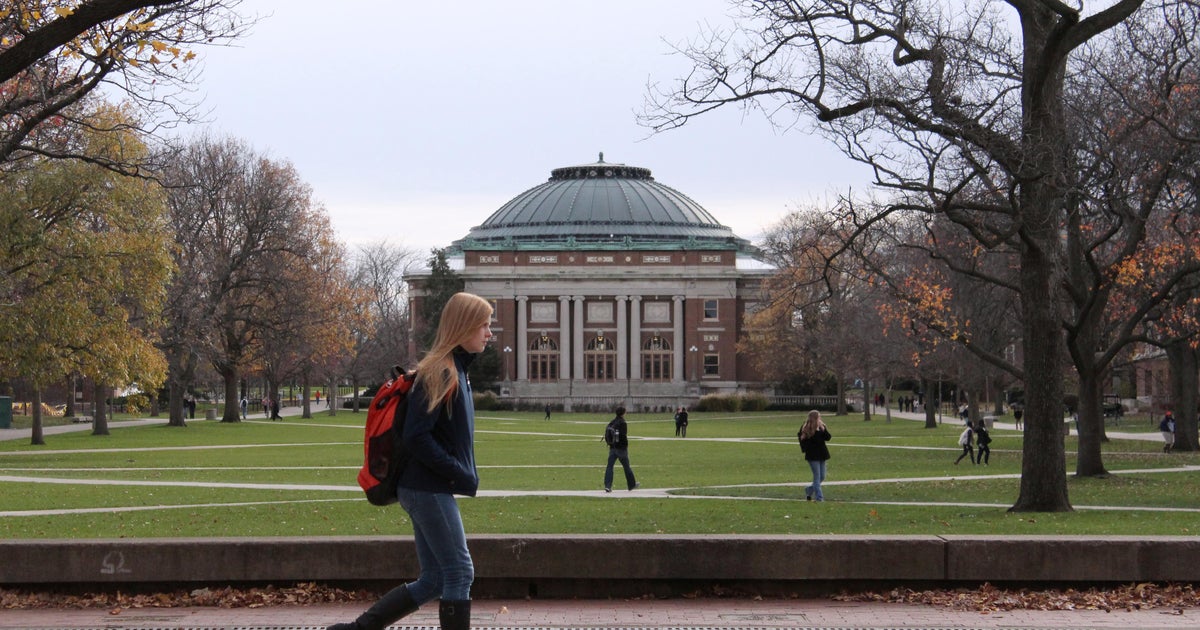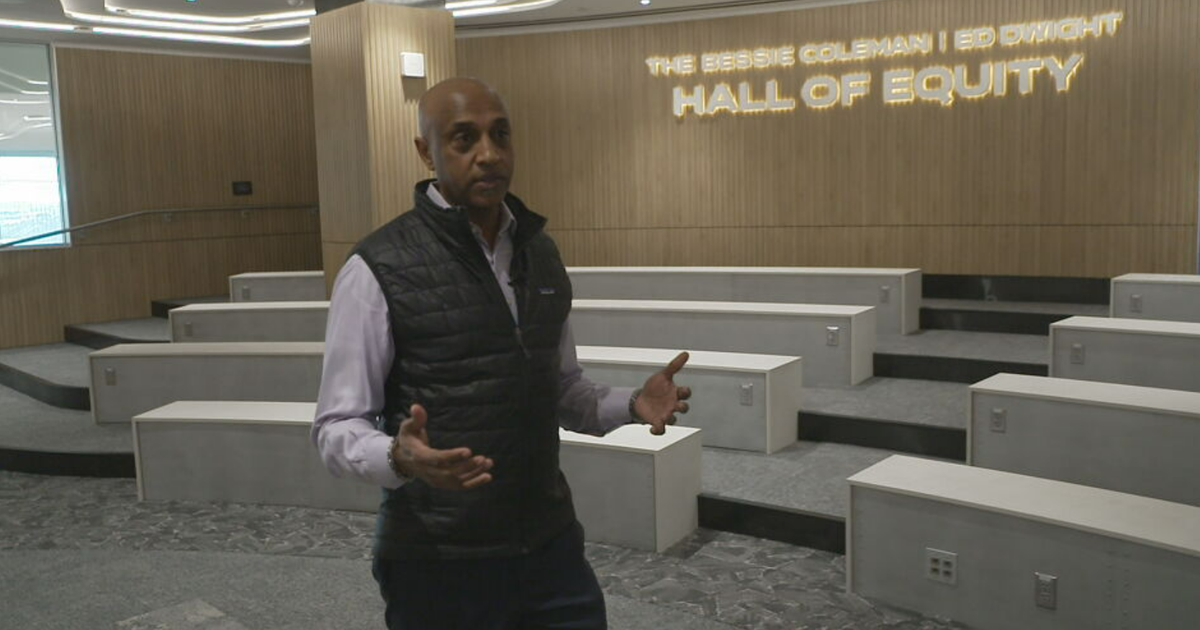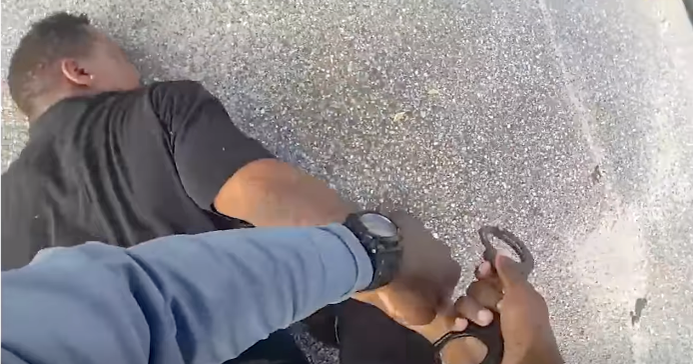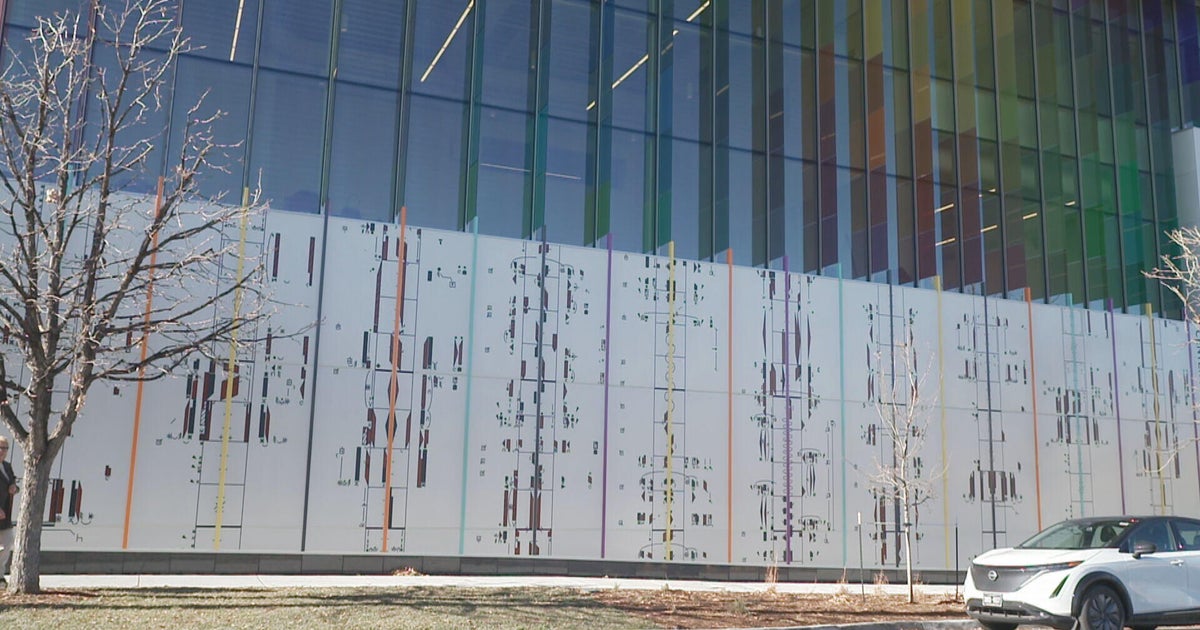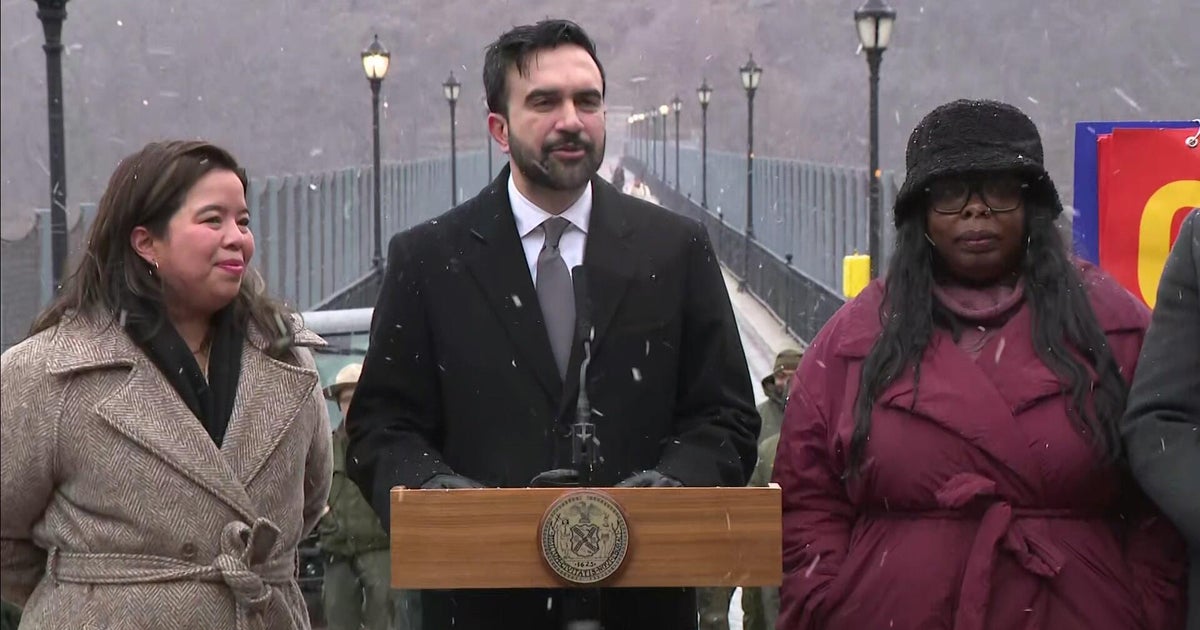Social equity cannabis entrepreneurs still face hurdles, demand action from state
ROLLING MEADOWS, Ill. (CBS) -- Representatives of 17 local organizations urged Illinois lawmakers to take action on social equity legislation for cannabis licenses before their session wraps in Springfield next week.
As CBS 2's Tara Molina reported, issues at the state level are still affecting those still working to break into Illinois' billion-dollar industry – more than three years after recreational marijuana became legal.
A space in Rolling Meadows represents a dream that has been years in the making for Akele Parnell. It will soon be used to frow cannabis plants.
"This is a culmination of years of hard work," said Parnell, founder of Umi Farms, who holds a craft grow license for cannabis from the state. "We're ready to become operational in the next month or so."
The space in Rolling Meadows will house two brands of cannabis plants - and if all goes according to plan, they'll be some of the first plants you can buy from businesses that hold social equity licenses for cannabis.
"And we think that that's going to be one of the first, if not the first, social equity brand on shelves of dispensaries in Illinois," Parnell said.
But it hasn't been easy. Parnell - like so many other social equity cannabis license holders in Illinois - has been up against years of state delays, COVID delays, lawsuits, and red tape to get his business to this point.
The state has seen billions of dollars in sales in that time – all while the people Illinois promised to prioritize in its equity-focused legalization plan still face hurdles.
That is why The Alliance For Cannabis Equity – 17 organizations - is making a call to Illinois lawmakers to make the adjustments currently pending in Springfield right now.
"We haven't even gotten to the starting line yet," said Kiana Hughes of Chicago NORML. "Nobody thought that we would be here."
With how the current law is written, growers like Parnell can only use 5,000 square feet to grow cannabis. The organizations are pushing to get that number up to 14,000.
"If we're talking about equity? The existing cultivators – the majority white-owned cultivators - get 210,000 square feet of flowering space that they can start with," Parnell said. "That's about 50 times more than us."
Parnell and others are hoping those changes at the state level happen soon – so that once they can get up and running, they can be profitable.
"What's been so frustrating is the lack of responsiveness - especially to the most impacted people," Parnell said. "We've been asking for that for several years, and so really, all we need them to do is just act."
Everything wraps up in Springfield the end of next week. The hope expressed Tuesday was that Illinois legislators would tackle some of the issues and help businesses - like the one that will operate in the Rolling Meadows space very soon.
The Alliance For Cannabis Equity's full list of proposed demands is as follows:
Craft Grow Licensees:
- Allow the immediate increase of allowable canopy space to 14k SF rather than 5k SF
Regulatory Consolidation (One Plant, One Agency):
- Consolidate cannabis departments into one unified agency.
Medical Patients:
- Allow medical patients to receive discounts at ALL dispensaries, not just the first 55 stores.
Criminalization:
- End law enforcement's ability to use solely cannabis as probable cause to initiate a stop.
Background Checks:
- Standardize the background check process and ensure people with records can own businesses and work in the cannabis industry.
Dispensary Licensees:
- Extend the looming deadline for Social Equity Dispensary Owners
Transporter Licensees:
- Issue a moratorium on new licenses so that the backlog of inactive transporters does not get longer.
The Illinois Department of Financial and Professional Regulation released this statement:
"When Illinois legalized adult use cannabis, we did something that no state had done before. We prioritized social equity so that those most affected by decades of harsh drug policy had their fair shot at the industry, not just massive corporations run by the already-wealthy. That's why Illinois has reinvested more than $144 million of tax revenue into the communities hardest hit by the War on Drugs. To date, Illinois has issued 195 conditional adult use dispensary licenses, with 20 conditional licenses receiving their full dispensary license so far. In addition, we've received thousands of new applications for the upcoming Social Equity Criteria Lottery to distribute an additional 55 adult use dispensary licenses. We continue to meet and discuss with lawmakers and other stakeholders on further ways we can improve cannabis oversight to ensure Illinois' cannabis program remains the most equitable in the country.
"Monthly adult use cannabis sales figures may be found online on IDFPR's website, while tax revenue may be found on the Cannabis Regulation Oversight Officer's website."
There was no response late Tuesday from Gov. JB Pritzker's office or the Illinois Department of Agriculture.

